Department News

Rensselaer Polytechnic Institute’s Moussa N’Gom, assistant professor of physics, applied physics, and astronomy, has devised a method to make communications between satellites and the ground more effective no matter the weather. In research recently published, N’Gom and his team used ultrafast, femtosecond lasers to cut through the clouds and rain that commonly cause losses in free-space optical communication (FSO).
...read more
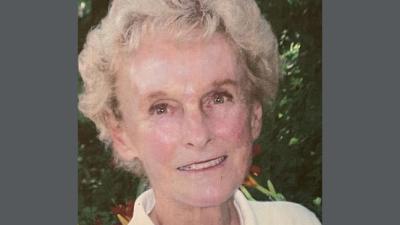
The first doctoral degree in computer science ever earned at Rensselaer Polytechnic Institute was in 1969. The sixth was presented to Margaret Kahles Guyder in 1972, and it was also the first ever earned by a woman.
...read more
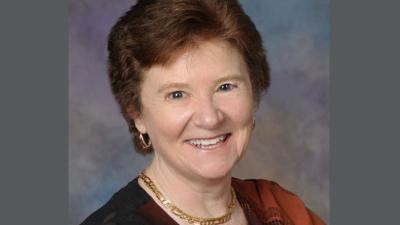
Rensselaer Polytechnic Institute’s Deborah McGuinness has been elected a fellow of the Association for the Advancement of Artificial Intelligence (AAAI) “for significant contributions to the semantic web, knowledge representation and reasoning environments, and deployed artificial intelligence applications.” AAAI is a nonprofit scientific society that promotes research in artificial intelligence and its responsible use. The AAAI fellows program recognizes people who have “made significant, sustained contributions to the field of artificial intelligence.”
...read more
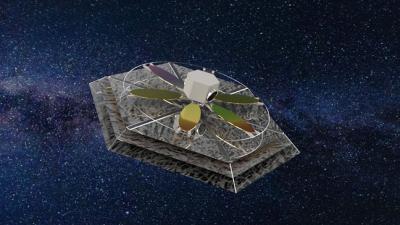
Are there other Earth-like planets? Is there extraterrestrial life? In the quest to find planets that orbit stars other than the sun, “Earth 2.0” is the Holy Grail. Earth 2.0 is a planet similar enough to Earth to enable the existence of life as we know it. It would be the right temperature for liquid water, and it would orbit a star with a steady supply of light. Ideally, it would be close enough that we could imagine going there or at least sending a probe to explore it.
...read more
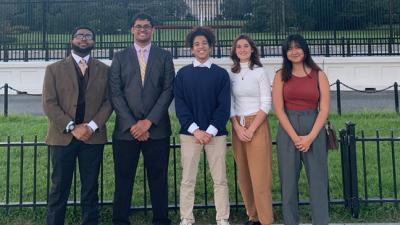
Five computer science students from Rensselaer Polytechnic Institute attended the CMD-IT/ACM Richard Tapia Celebration of Diversity in Computing Conference in Washington, D.C., in September 2022.
...read more
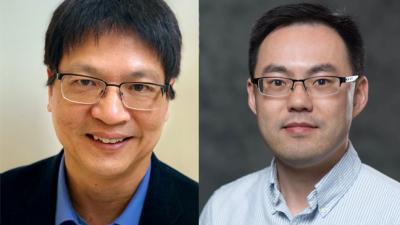
Advancement will save future scientists months of time and countless dollars
...read more
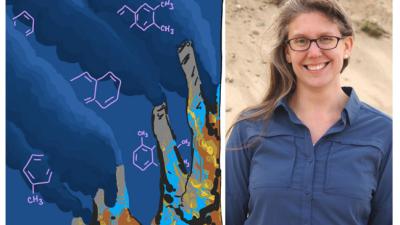
A few years ago, Rensselaer Polytechnic Institute’s Sasha Wagner, assistant professor of earth and environmental sciences, proved false what scientists had thought for years. Soot-like molecules that formed an ancient carbon pool deep in the Pacific Ocean did not, in fact, originate from wildfires on land.
...read more
